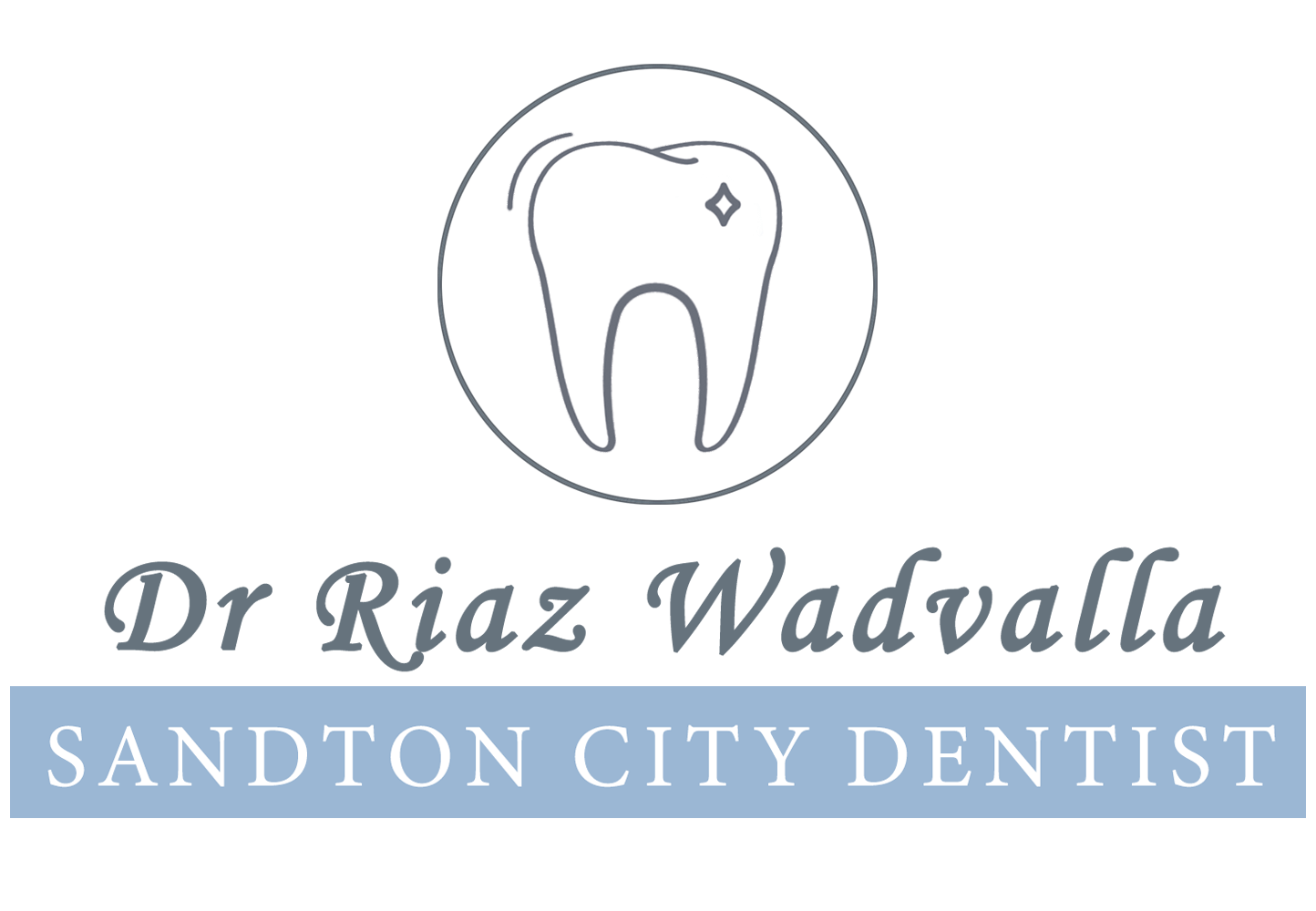
Dental Implants
Dental implants are a third chance at having healthy teeth. The first chance was your baby teeth, then your adult teeth that came in after losing your baby teeth. There are a few treatments and procedures that can rescue your teeth before dental implants are necessary, but some people may have already exhausted all of these options and implants may be their last option.
There are two different types of implants depending on your individual needs that will be determined after your initial assessment.
Endosteal implants:
This type of implant requires two separate surgeries. Gum tissues need to heal from the first surgery before the implant is surgically implanted into the jaw-bone. The artificial bone is then attached to the implant to complete the treatment.
Subperiosteal implants:
The frame of this type of implant is fitted and becomes fixed to the jaw-bone. The dental post is attached to the frame protruding through the gums.
Are implants the perfect solution for me?
If you fit the following circumstances, you may be a candidate for the treatment.
- Healthy Gums
- You are old enough that your jaw-bone has stopped growing
- You need to replace only one to two teeth
- You should have enough bone to support and anchor the implant
- If you have lost a part of the bone, you might still qualify; dental implants may be recommended to prevent further bone loss
Evaluation process:
- Examination of your jaw, teeth, mouth and overall health status
- Mouth X-rays and possible CT scans
- Identify any bone loss or sinus shape and nerve location
How long do dental implants last?
Based on research spanning over 40 years, dental implants have been proven to have lasting durability. They are designed to last you for more than two decades in comparison to alternatives which will last you between five to ten years. Dental implants are secured into your jaw with titanium posts so you do not have to worry about them potentially falling own.
To maximise durability, you will need to care for your dental implants adequately. Use dental floss, brush your teeth regularly and visit your dentist every six months. It is vital that you pay attention to your overall health and lifestyle habits that affect your wellbeing. Check-ups are also to ensure that your implant is still in good condition and not loose or infected in any way.

